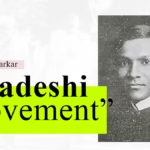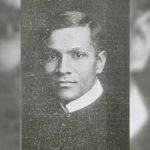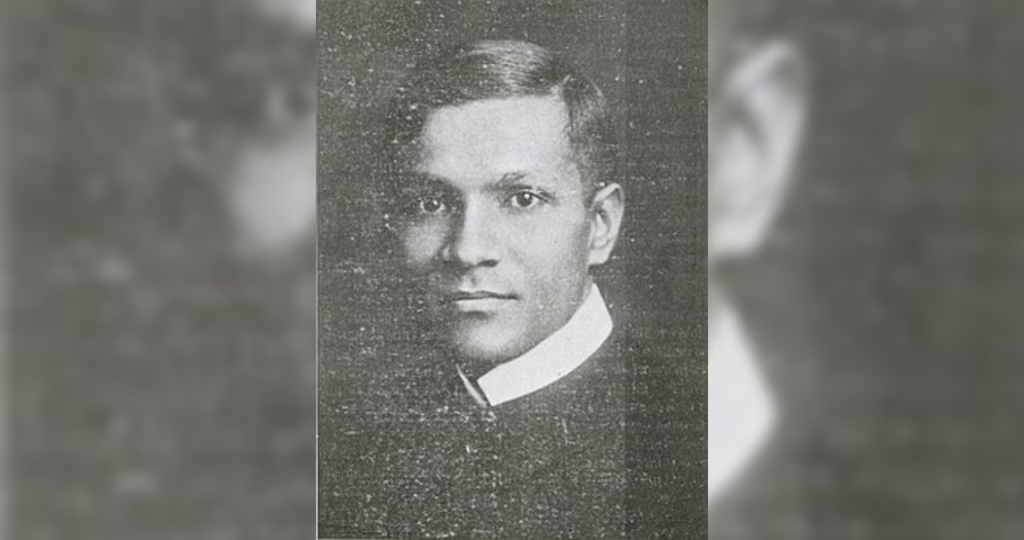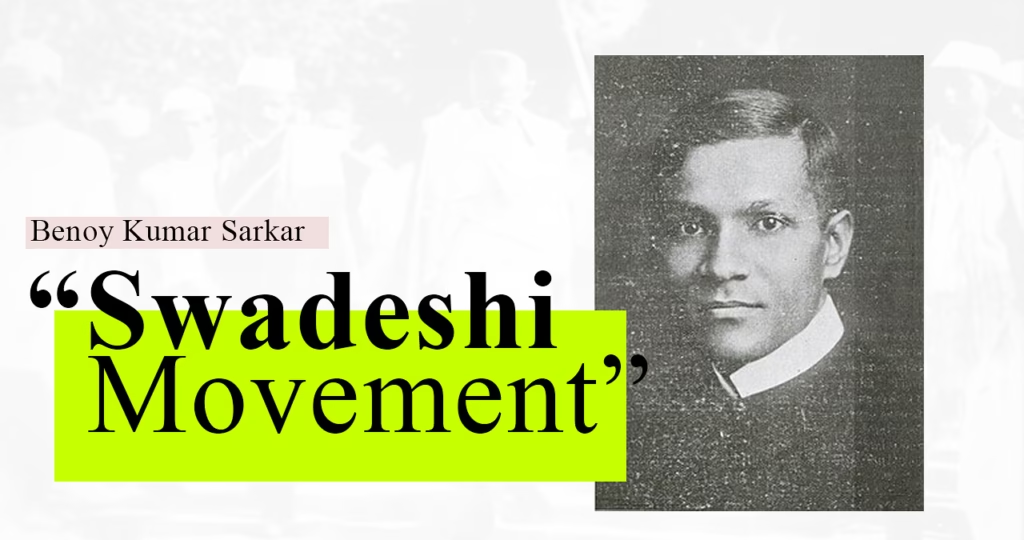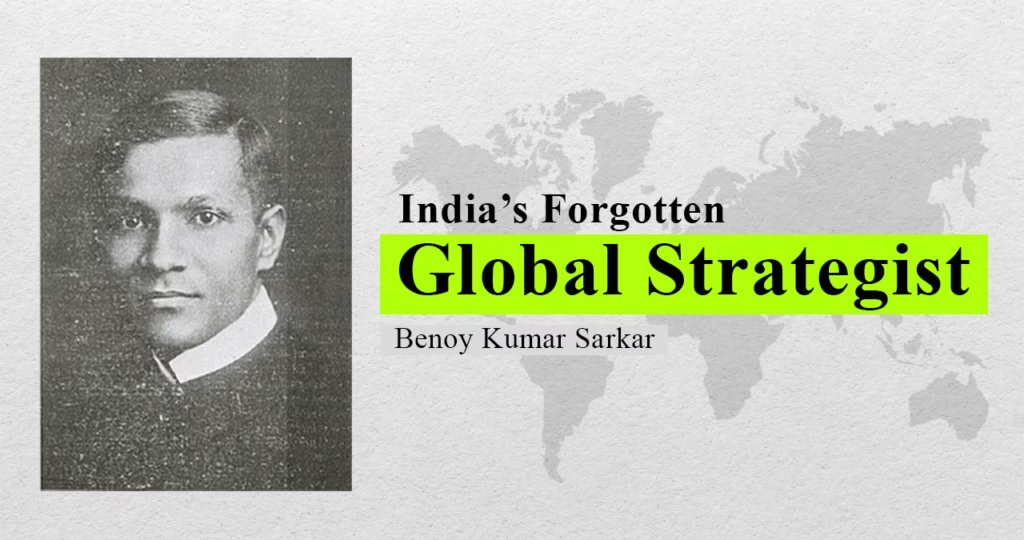Discover how Benoy Kumar Sarkar pioneered Indian sociology with his groundbreaking work that blended ancient Hindu thought with modern social science.
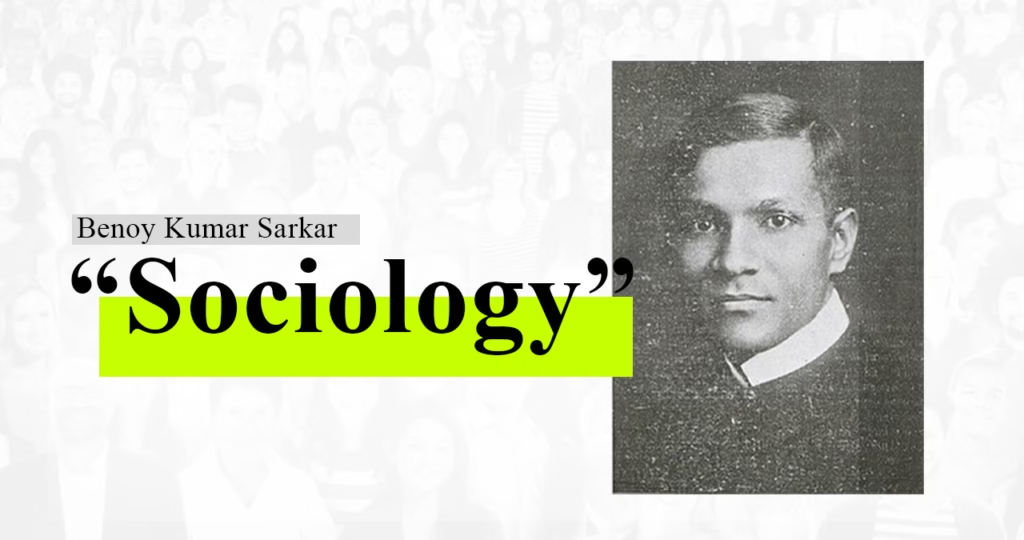
Long before Western-trained sociologists began studying Indian society, Benoy Kumar Sarkar laid the foundation for a uniquely Indian school of thought. A visionary from Malda, he refused to merely imitate the West. Instead, he envisioned a social science rooted in India’s own intellectual traditions. In this blog, we explore the immense contribution of Benoy Kumar Sarkar sociology, and how he became a pioneer in the field even before sociology was recognized as a formal discipline in India.
Born in 1887, Sarkar was not just a product of Bengal’s intellectual awakening — he was a leader of it. While pursuing his education in English and History, he was already immersed in classical Indian texts like the Manusmriti, Arthashastra, and Mahabharata. He believed that these works contained deep sociological insight that had been ignored or misrepresented by colonial scholars.
In the early 1910s, Sarkar began systematically studying Indian society using both traditional sources and modern scientific methods. This was radical at a time when Western models dominated all academic discourse.
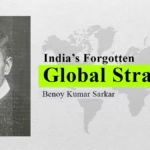 India’s Forgotten Global Strategist: Benoy Kumar Sarkar’s Hindu Theory of International relations in 1919. →
India’s Forgotten Global Strategist: Benoy Kumar Sarkar’s Hindu Theory of International relations in 1919. →In 1914, Sarkar published “The Positive Background of Hindu Sociology” — a landmark book that many consider the first systematic attempt to build an Indian sociological framework.
The book argued that ancient Indian texts provided a rational and organized understanding of society, covering:
- Caste and class dynamics
- Statecraft and governance
- Family systems and marriage
- Economic behavior
- Ethics and collective values
Instead of portraying Indian society as chaotic or spiritual (as many colonial writers did), Sarkar showed how Hindu thinkers approached society with logic, structure, and purpose.
Sarkar’s theory became known as “Hindu Sociology” — a system that:
- Drew on Indian texts instead of European models
- Celebrated social order, not chaos
- Saw value in Indian family structures, ethics, and governance
- Challenged the idea that India lacked social philosophy
He didn’t reject Western sociology outright — instead, he believed that a dialogue between East and West was necessary to develop a truly global sociology. His approach placed India on the world map of social science not as a passive subject but as an active contributor.
To further his ideas, Sarkar founded the Bengali Institute of Sociology in the 1920s. This was India’s first research center dedicated to Indian sociology and cultural studies. Through it, he mentored young scholars and promoted indigenous research in multiple languages.
He also worked closely with the Asia Academy and Dante Society, blending sociology with history, philosophy, and literature. His work reached audiences in Germany, Japan, and the United States, where he lectured on comparative civilizations and cultural sociology.
Though often overlooked today, Sarkar’s theories influenced generations of Indian sociologists like Radhakamal Mukerjee and D.P. Mukerji. His work anticipated many ideas later found in post-colonial theory, such as:
- Cultural relativism
- Indigenous epistemology
- Civilizational dialogue
In today’s push for decolonizing academia, Benoy Kumar Sarkar’s sociology offers a blueprint. He proved that social theory didn’t have to be imported — it could grow from the soil of Malda and flourish across continents.
The contribution of Benoy Kumar Sarkar sociology cannot be overstated. He was not only the first Indian to systematically study society using India’s own cultural lenses, but also a thinker who believed in global conversations built on mutual respect.
As Indian academia rediscovers its roots, Benoy Kumar Sarkar must be celebrated as the father of indigenous Indian sociology — a visionary who showed us that social science can be proudly Indian and profoundly universal.
Also Read: How Benoy Kumar Sarkar Transformed Malda During the Swadeshi Movement in 1905.

